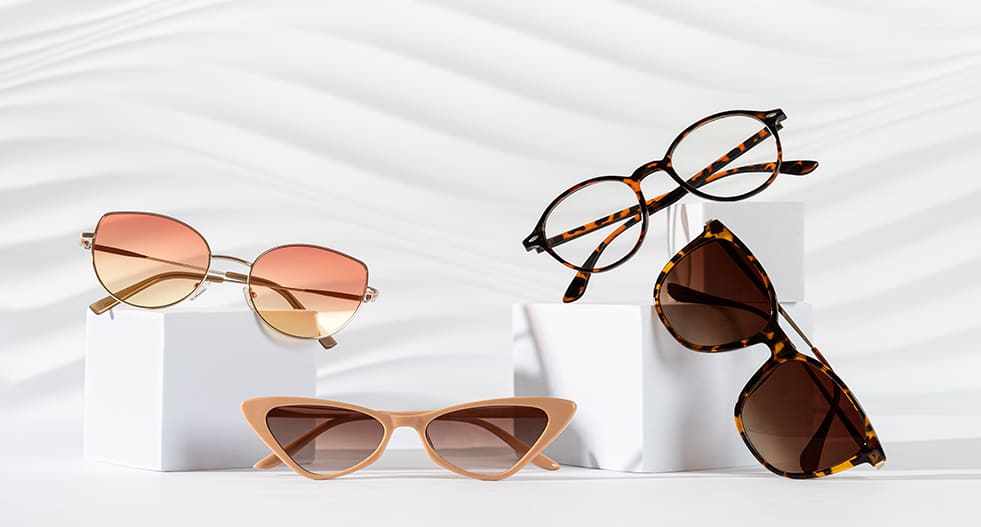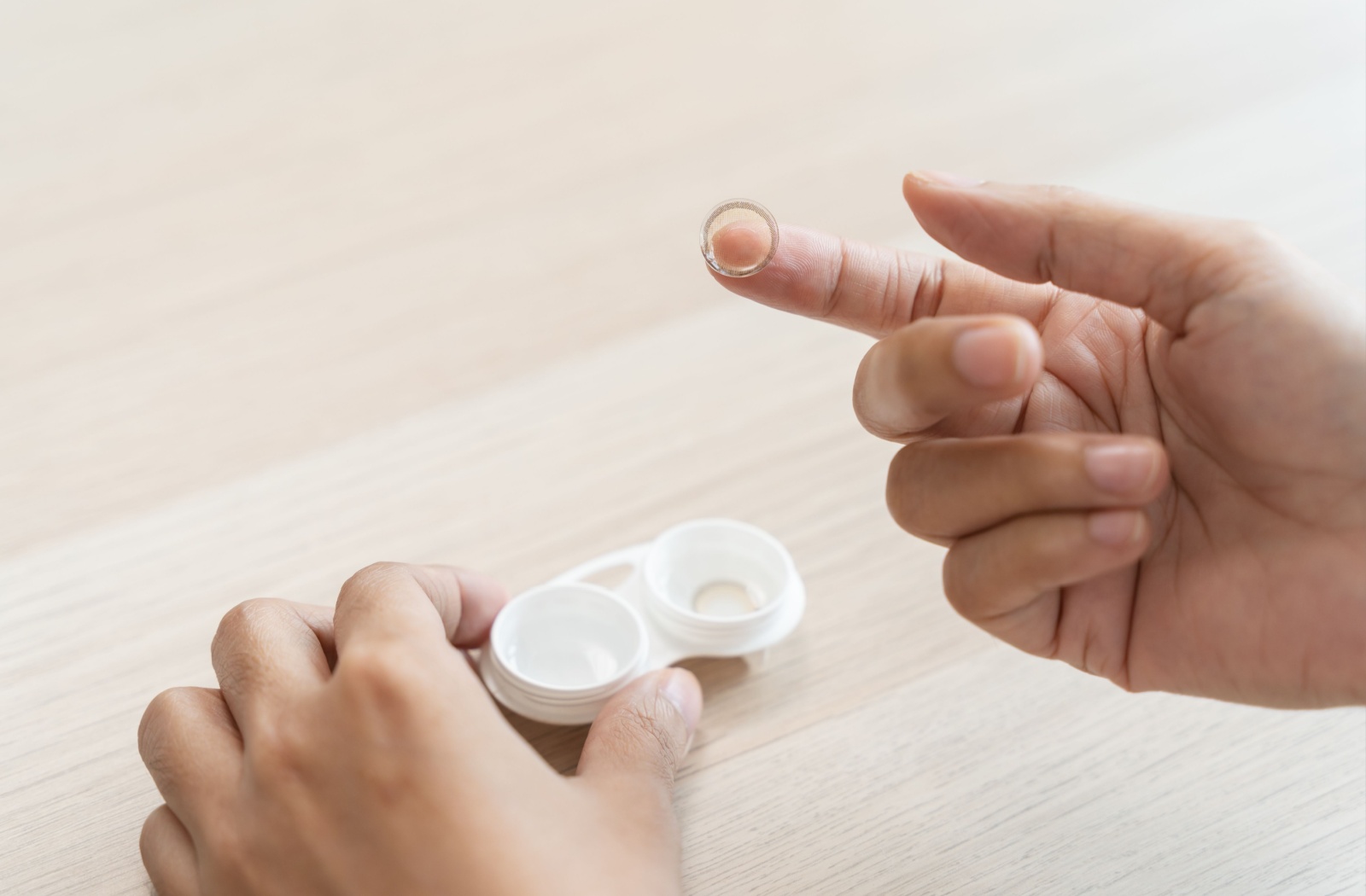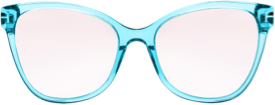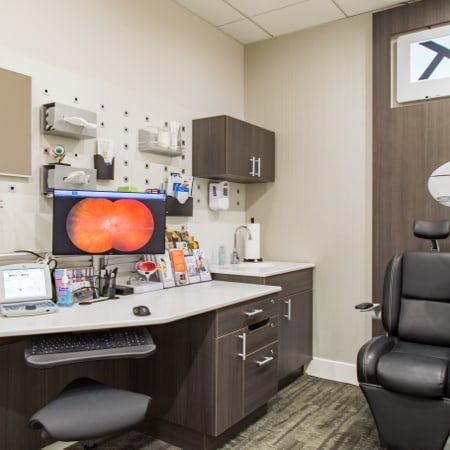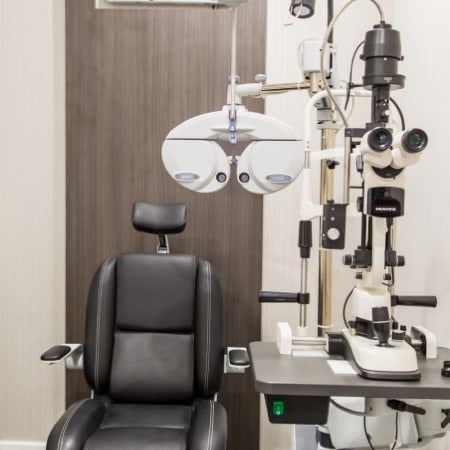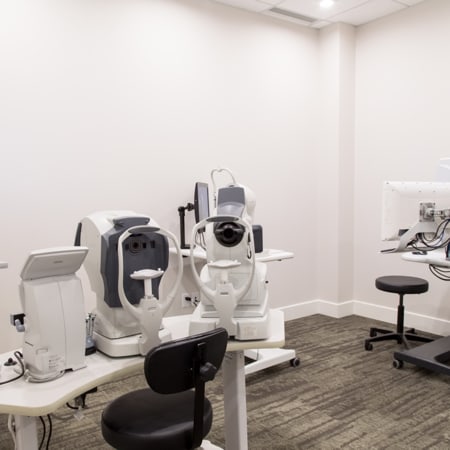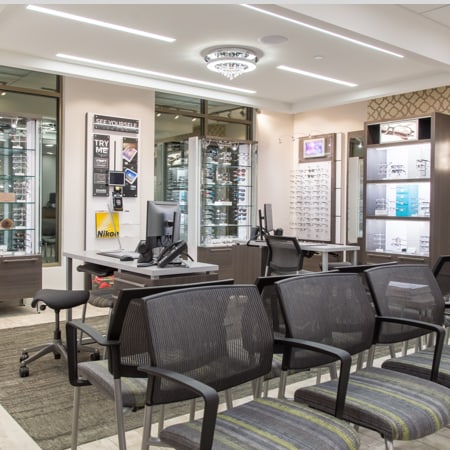For individuals with dry eye syndrome, finding comfortable contact lenses can be challenging. However, specialized contacts designed for dry eye relief may offer a solution. If you’re interested in contact lens options or want to explore how Bluewater Optometry can assist with dry eye treatment, check out our comprehensive eye care services for more information.
What is Dry Eye Syndrome?
Dry eye syndrome occurs when your eyes don’t produce enough tears or when the tears evaporate too quickly. Symptoms often include itching, redness, a gritty feeling, and, ironically, excessive tearing as your eyes try to compensate. For contact lens wearers, this condition can make wearing lenses uncomfortable and worsen dryness. Specialized lenses can help, but understanding dry eye is essential before selecting the right solution.
Why Dry Eyes & Contact Lenses Don’t Mix Easily
When you wear contact lenses, they sit on your tear film – a thin layer of moisture that protects the eye’s surface. If your tear film is compromised due to dry eye syndrome, the lenses can rub against the cornea, causing discomfort. Traditional contact lenses may actually increase dryness by absorbing moisture from your eyes.
Types of Contact Lenses for Dry Eye Relief
Fortunately, there are contact lenses designed to help with dry eye symptoms, offering more moisture retention and increased comfort. Here are some options commonly recommended for individuals with dry eye syndrome:
Silicone Hydrogel Lenses
Silicone hydrogel lenses are widely considered one of the best options for dry eye sufferers. Made from a unique material that allows more oxygen to reach the eye, they can be worn for longer periods than traditional hydrogel lenses without causing dryness. These lenses retain moisture better, which can help alleviate discomfort and irritation.
Daily Disposable Lenses
Daily disposables are ideal for people with dry eyes because they’re discarded after each use, reducing the buildup of deposits and irritants that can worsen dryness. Without the need for cleaning solutions and extended wear, these lenses minimize the exposure to potential allergens and proteins that might irritate sensitive eyes.
Scleral Lenses
Scleral lenses are larger than standard lenses and cover the white part of your eye (the sclera). This design creates a fluid-filled chamber between the lens and your cornea, which helps to keep the eye hydrated. Scleral lenses are especially useful for individuals with severe dry eye or corneal irregularities, as they provide a smooth surface for the eye and help retain moisture.
Soft Contact Lenses with High Water Content
Some soft lenses are designed with a high water content to provide an added layer of hydration. However, this option can be hit-or-miss for people with dry eyes, as lenses with high water content may end up drawing moisture from the eye, which can lead to increased dryness over time. Speaking to an optometrist at Bluewater Optometry can help determine if this type of lens is right for you.
Hybrid Lenses
Hybrid lenses combine the best features of both hard and soft lenses, with a hard, gas-permeable center that allows oxygen to reach the eye and a soft outer ring for added comfort. These lenses provide crisp vision while offering some relief from dry eye symptoms. They’re typically recommended for those with more severe cases of dry eye or corneal conditions.
Tips for Managing Dry Eye with Contact Lenses
In addition to choosing the right type of contact lens, there are several practices you can adopt to reduce dry eye symptoms and make wearing contact lenses more comfortable.
Use Preservative-Free Artificial Tears
Preservative-free artificial tears are ideal for contact lens wearers because they provide extra lubrication without irritating the eyes. Applying these drops throughout the day can help maintain moisture levels and reduce discomfort.
Follow a Strict Cleaning Routine
For lenses that aren’t disposable, it’s essential to clean them thoroughly to avoid buildup of irritants. Use a solution recommended by your optometrist, as some solutions are designed specifically for sensitive or dry eyes.
Consider Taking Breaks from Contact Lenses
Giving your eyes a break by switching to glasses can help reduce strain and provide your eyes with a rest period from contact lenses. It’s especially useful on days when your eyes feel particularly dry or irritated.
Adjust Your Environment
Factors like dry indoor heating, wind, or air conditioning can exacerbate dry eyes. Using a humidifier, especially during the winter months, can help maintain eye moisture. It’s also wise to avoid direct air vents or fans blowing on your face, as these can further dry out your eyes.
Benefits of Contact Lenses for Dry Eye Syndrome
For those who find the right fit, contact lenses designed for dry eyes offer substantial benefits. These lenses are often more breathable, allowing oxygen to reach the eyes while maintaining necessary moisture levels. With consistent comfort and minimized irritation, people with dry eye syndrome can enjoy the convenience of contact lenses without the discomfort associated with traditional lenses.
How Bluewater Optometry Can Help
At Bluewater Optometry, we understand the unique challenges faced by those with dry eye syndrome who wish to wear contact lenses. Our experienced optometrists will conduct a comprehensive eye examination to determine the severity of your dry eye and help you choose the right type of contact lens. From advanced diagnostic tools to custom lens fittings, our team is dedicated to finding the most comfortable and effective solution for your vision needs.
For ongoing support, we offer dry eye treatment programs to help manage symptoms and improve your quality of life. Whether through lifestyle adjustments, in-office treatments, or personalized lens recommendations, our goal is to provide you with lasting relief and a comfortable wearing experience.
When to Seek Professional Help for Dry Eyes
If you’re experiencing persistent discomfort, redness, or irritation despite trying different contact lens options, it’s essential to consult with an optometrist. Persistent dry eye symptoms can lead to further complications if left unmanaged. Your optometrist may suggest additional treatments, such as punctal plugs, prescription eye drops, or in-office therapies, to help restore your eye health.
Achieving Comfort and Clarity with the Right Contacts
Finding the right contact lenses for dry eye syndrome is possible with the proper guidance and specialized options. At Bluewater Optometry, our team is here to support you in finding the perfect solution for comfortable, clear vision. Reach out to us today to learn more about contact lenses designed for dry eye relief and take the first step toward improved comfort and eye health.
